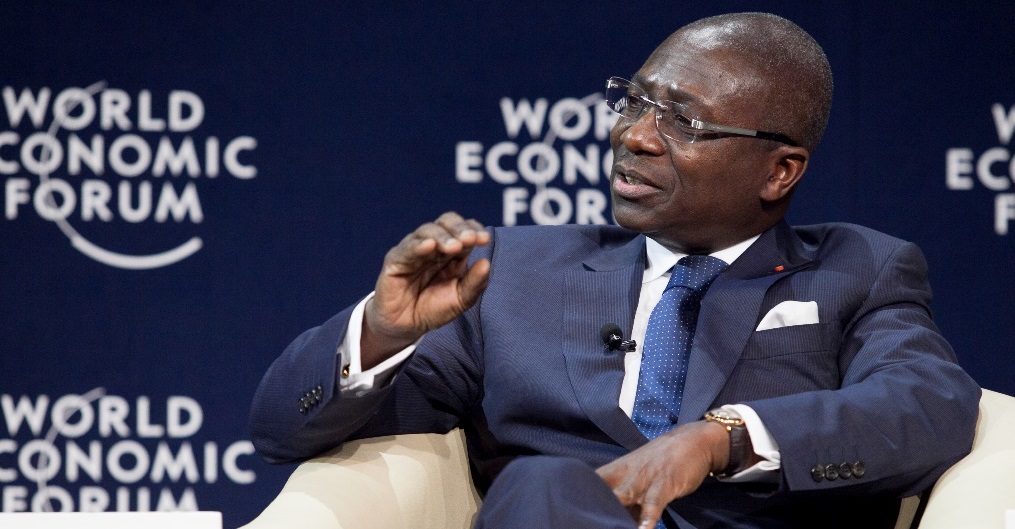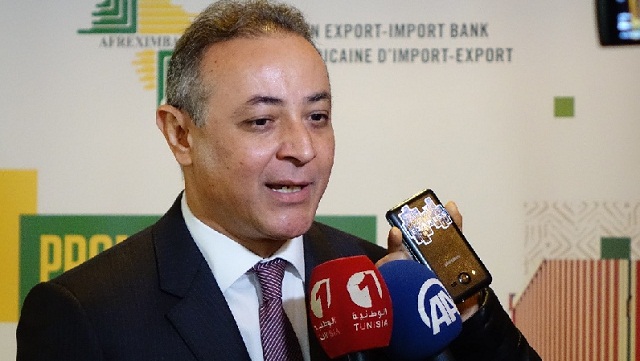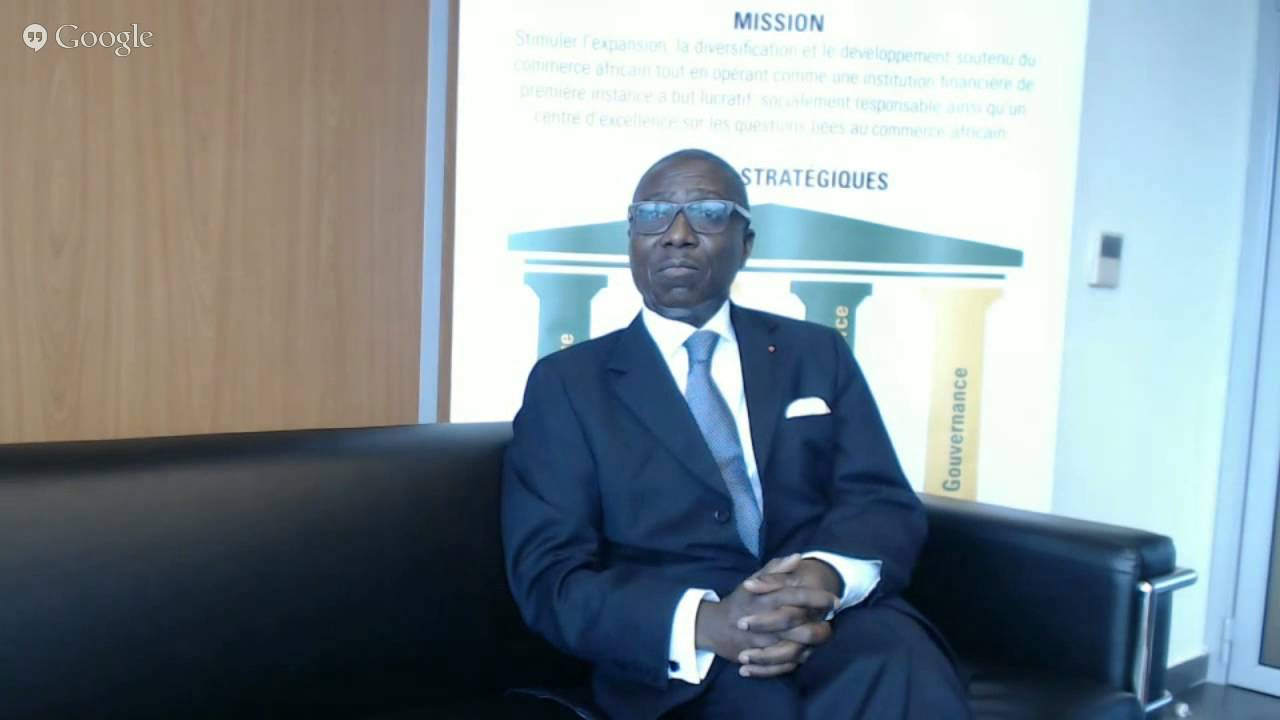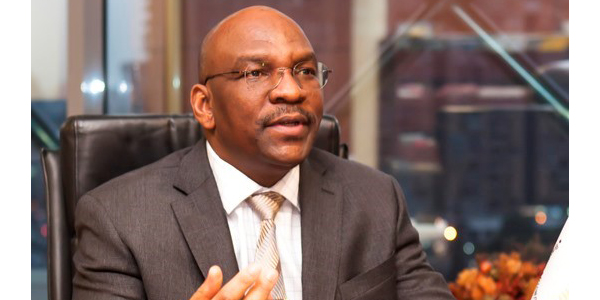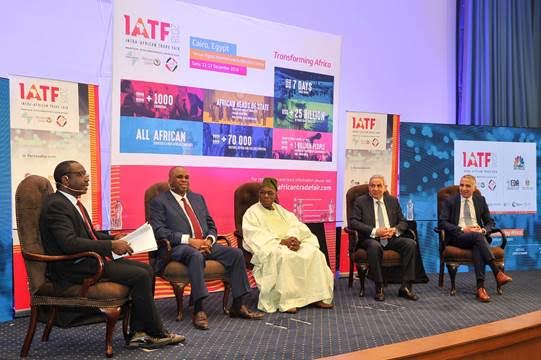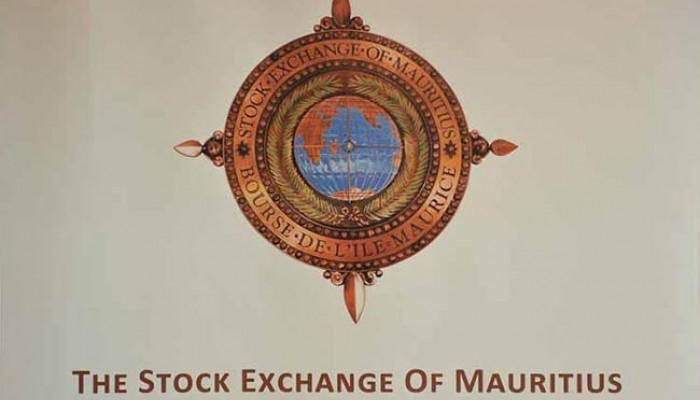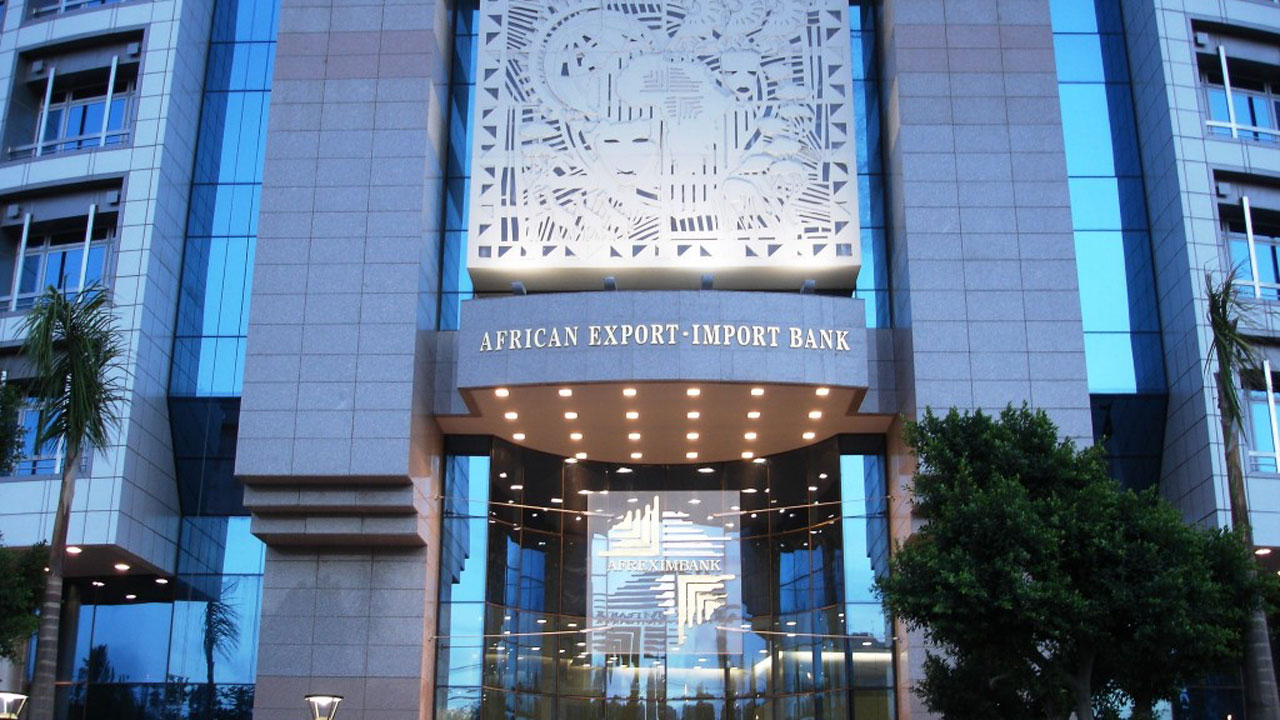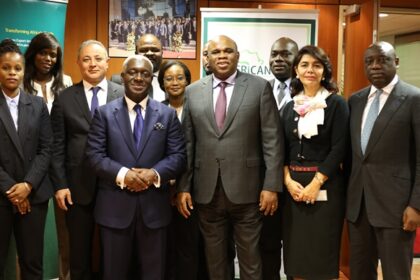Afreximbank’s 20TH Trade Finance Seminar and Workshop Holds in Durban, South Africa.
The 20th Trade and Finance Seminar and Workshop hosted by the African Export-Import Bank (Afreximbank) will take place in Durban, South Africa, from 4 to 7 November 2019. This was made known today during a briefing at the Bank’s headquarters in Cairo, Egypt. The seminar and workshop series, formerly known as the Structured Trade Finance Seminar and Workshop will be organized this year in collaboration with the South African Province of Kwazulu-Natal. The Series aims to equip African financial institutions, bankers and professionals from regulatory agencies, corporates and legal firms with skills for dealing with the challenges of financing transactions in times of economic uncertainty.Afreximbank is Africa’s foremost pan-African multilateral financial institution devoted to financing and promoting intra- and extra-African trade.

Announcing details of this year’s event, the Bank said said that the 2019 seminar will focus on global topical issues affecting trade and on technical aspects of structuring trade finance transactions, thus enabling participants to properly identify the risks in trade finance transactions and to structure bankable trade and trade-related finance deals of varying levels of complexity.
According to the President of the Bank, Prof. Benedict Oramah, the event has not only become an important platform for African bankers and other trade finance practitioners to meet, network and share knowledge with their counterparts, but would also bring substantial benefits to Kwazulu-Natal from a tourism perspective. This year’s speakers are drawn from among highly-rated experts from leading financial institutions and firms as well as key financial service regulators from Africa and beyond.
The more than 250 expected participants will be senior executives from African banks and financial institutions, regulatory institutions, hedge funds, Africa country funds, venture capital institutions, corporate entities engaged in trade, manufacturing and privatized infrastructure projects, Afreximbank’s trade finance and project finance intermediaries, African law firms and insurance firms.
About 1,800 African trade finance professionals have taken part in the seminar and workshop series since it was introduced 20 years ago. The 2018 seminar and workshop took place in Casablanca, Morocco, following the 2017 event in Cape Verde.
Kelechi Deca

Kelechi Deca has over two decades of media experience, he has traveled to over 77 countries reporting on multilateral development institutions, international business, trade, travels, culture, and diplomacy. He is also a petrol head with in-depth knowledge of automobiles and the auto industry.


